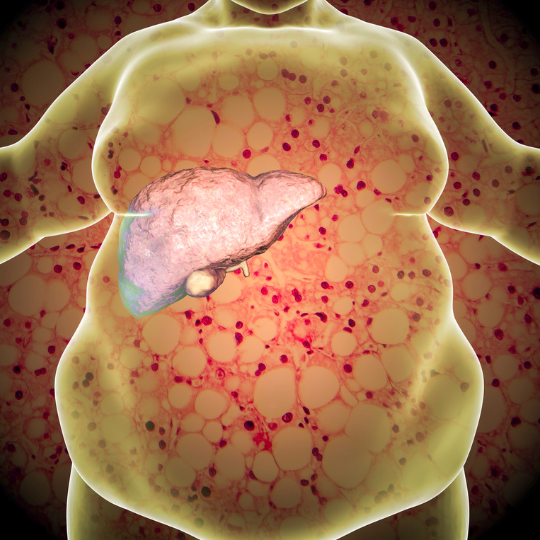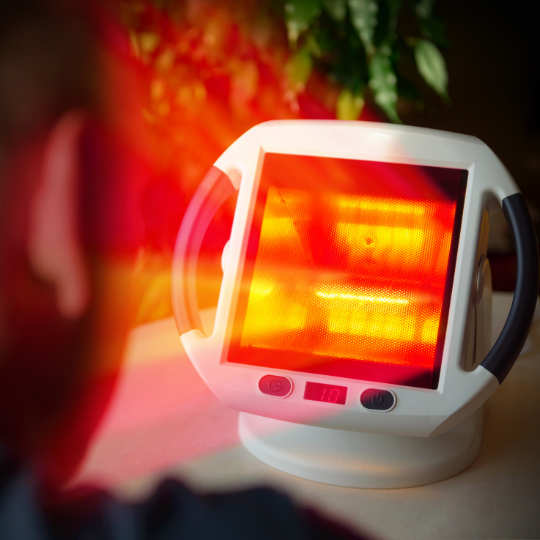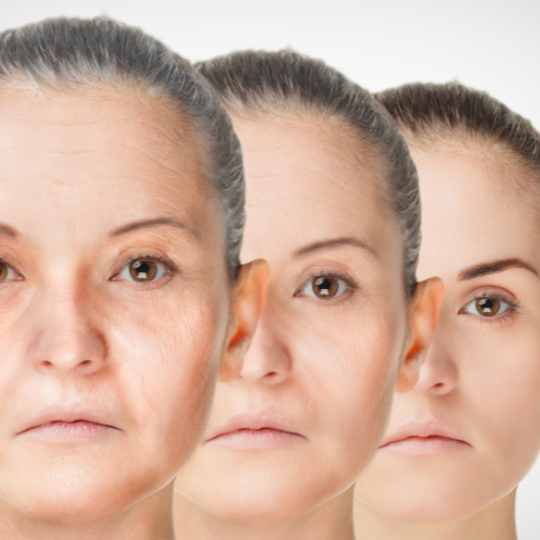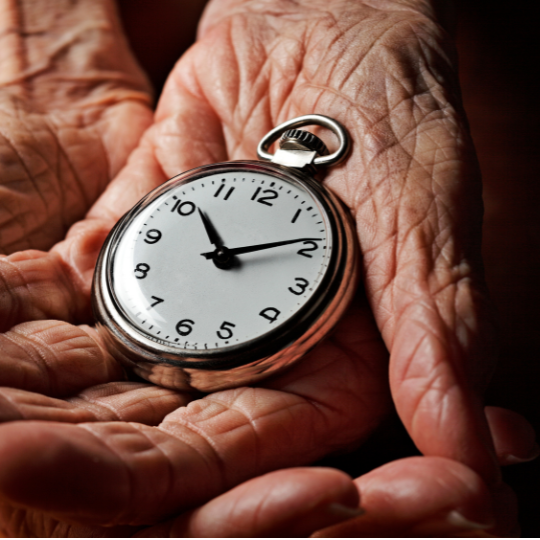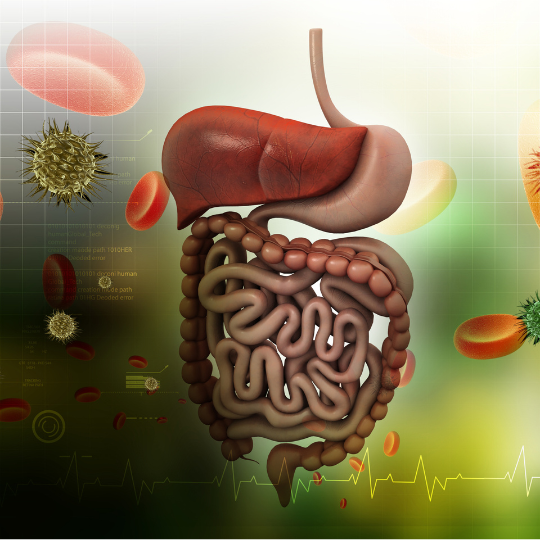Sleep and its Benefits
Hello! Today, we are going to talk about sleep. Sleep is usually not taken seriously but it is crucial for our health and overall wellbeing. Whether you’re trying to boost you athletic performance, improve your cognitive function, or just feel more rested and energetic, optimizing your sleep is an excellent place to start.

So, what is sleep exactly? Well, everyone knows that sleep is when you lay down, close your eyes and lose consciousness for 6 to 8 hours, typically during the night. But it is actually more than that. Sleep is a physiological state characterized by reduced activity in the central nervous system, as well as changes in brain wave activity, hormone levels, and other bodily functions. It’s a vital process that allows our bodies and minds to rest, repair, and recharge.
The benefits of sleep for health and longevity are numerous and well-established. Adequate sleep has been shown to improve immune function, lower the risk of chronic diseases such as heart disease and diabetes, and even increase lifespan. It’s also essential for optimal mental and physical performance. When we sleep, our brain consolidates memories and processes new information, and our body repairs tissues and regenerates cells, so you wake up refreshed and renewed (Schneider L, et al. 2020).
Sleep Architecture
Now, let’s delve a little deeper into the stages of sleep.

There are two main types of sleep: Rapid Eye Movement (REM) sleep and Non-Rapid Eye Movement (NREM) sleep. NREM sleep is further divided into four stages, with stage 1 being the lightest and stage 4 being the deepest. Here’s a brief overview of each stage:
- Stage 1: this is a transitory stage between wakefulness and sleep, and it is characterized by light sleep and theta brain waves
- Stage 2: This is a deeper stage of sleep, and it is marked by the presence of sleep spindles (short bursts of brain activity) and slower brain waves
- Stage 3: This is the beginning of deep sleep, and it is characterized by the presence of delta brain waves. This is the stage where you are most likely to experience sleepwalking or night terrors
- Stage 4: This is the stage where you are deep sleeping, and it is marked by even slower brain waves and a complete absence of eye movement
Deep sleep (stages 3 and 4) is especially important for tissue recovery and growth. During this time, the body releases growth hormone, which promotes the repair and growth of tissues, muscles, and bones.
Going Deep (Sleep)
Some ways to increase the amount of deep sleep you get are:
- Establishing a sleep routine: Going to bed and waking up at the same time every day can help regulate your body’s natural sleep-wake cycle. You can become an Instagram girly that goes to sleep and wakes up early feeling fresh and being productive
- Creating a sleep-friendly environment: A dark, cool, and quiet bedroom is conducive to deep sleep. Keep it aesthetic with a comfortable and cozy bed
- Avoiding caffeine, stimulants and alcohol before bedtime: These substances can interfere with sleep, so it’s best to avoid consuming them close to bedtime
- Exercising regularly: Regular physical activity can help you fall asleep faster and sleep more deeply.
Chasing Dreams

REM sleep is the other type of sleep, and it is characterized by rapid eye movement (the name comes from it), increased brain activity, and vivid dreaming. This stage is thought to be important for emotional resilience and learning. Some ways to increase the amount of REM sleep you get are:
- Getting enough sleep overall: The more time you spend in bed, the more likely you are to get a good mix of REM and NREM sleep
- Sleeping on your back: This position has been shown to increase REM sleep
- Using relaxation techniques: deep breathing, progressive muscle relaxation, and meditation can help you relax and fall into a deeper sleep. (Schneider L, et al. 2020)
Nap time baby
Napping can also be a great way to boost you energy and cognitive function. Short naps of 20-30 minutes can help to improve alertness and performance without affecting your sleep at night. Just be sure to limit your napping to the early afternoon, as napping too late in the day can interfere with your sleep at night.
In addition to sleep and napping, there are also non-sleep deep rest (NSDR) protocols that can help improve your physical and mental recovery. These protocols involve lying in a relaxed position and focusing on deep breathing or on other relaxation techniques, without actually falling asleep. Some studies have shown that NSDR can have similar benefits to sleep, including reduced stress, improved mood, and increased mental clarity.
Measuring sleep
When it comes to measuring your sleep, there are a few options to consider. Sleep labs are specialized facilities that use advanced monitoring equipment to assess your sleep patterns and diagnose sleep disorders. These facilities are typically used for medical purposes, and they can be expensive. Alternatively, there are also a variety of commercial devices available that can track your sleep using sensors and algorithms. These devices can be a more convenient and cost-effective option for tracking your sleep, although their accuracy may vary.

There is a very interesting platform, Absolute rest, which is specialized in analyzing and optimizing sleep. They deliver unique, personalized insights and interventions to help you take control of your sleep. Right now, there is a waitlist for getting the service, but that only means they are doing it right.
Sleep optimization
Finally, there are various sleep optimization protocols that you can follow to help improve the quality and quantity of your sleep. Some key strategies include:
- Establishing a consistent sleep schedule: As mentioned earlier, going to bed and waking up at the same time every day can help regulate your body’s natural sleep-wake cycle
- Creating a sleep-friendly environment: This includes things like keeping your bedroom dark, cool, and quiet, and using a comfortable mattress and pillows
- Reducing screen time before bed: The blue light emitted by screens can suppress the production of melatonin, a hormone that helps regulate sleep. Try to limit your screen time in the hours leading up to bedtime

- Managing stress: Chronic stress can interfere with sleep, so it’s important to find ways to manage your stress levels. This might involve things like exercising, practicing relaxation techniques, or talking to a therapist.
Genetics and sleep
Certain single nucleotide polymorphisms (SNPs) in key genes have been linked to differences in sleep architecture, or the way we sleep. Here are a few examples:
- CLOCK gene: plays a role in regulating the body’s natural sleep-wake cycle, and variations in this gene have been associated with different sleep patterns. For example, the CLOCK rs1801260 SNP has been linked to shorter sleep duration and lower sleep efficiency. On the other hand, CLOCK rs1801261 has been associated with longer sleep duration and higher sleep efficiency (Trott AJ, et al. 2018).
- ABCC9 gene: encodes for a protein that is involved in the transport of potassium ions in and out of the cells. The ABCC9 rs2275913 SNP has been linked to an increased risk of sleep apnea, a disorder characterized by repeated episodes of interrupted breathing during sleep. Probably your uncle, that one that snores a lot, has this SNP.
Other Recommendations
So, what can you do it you have one of these SNPs or any other sleep disorders? Here are a few tips:
- Science-backed behavioral tools: Light, temperature, movement, and stress reduction are all important factors that can influence sleep quality. For example, exposing yourself to bright light in the morning and avoiding screens before bed can help regulate your body’s natural sleep-wake cycle. Also, keeping your room cool and dark, practicing relaxation techniques or meditation can help you improve sleep quality
- Nutrition: Certain foods and nutrients can have a positive impact on sleep. For example, vitamin D (eggs, fatty acids, and fortified dairy products) has been linked to better sleep quality, while magnesium (nuts, seeds, and leafy greens) may help reduce the severity of insomnia

- Supplements: Melatonin, valerian root (a herb that may help reduce the time it takes to fall asleep), and L-theanine (an amino acid found in tea that may improve sleep quality) are supplements that could help to improve sleep quality. It’s important to note that these supplements may be helpful for some people, but it is very important to talk to a health professional before starting any new supplement regimen.
Now you are an expert in sleep and how to improve it! Try making small changes to your night routine to improve your sleep quality and you will benefit from all of the good parts of sleeping. If you want to optimize your sleep, nutrition, and habits, don’t forget to contact us for a free 15 min consultation.




